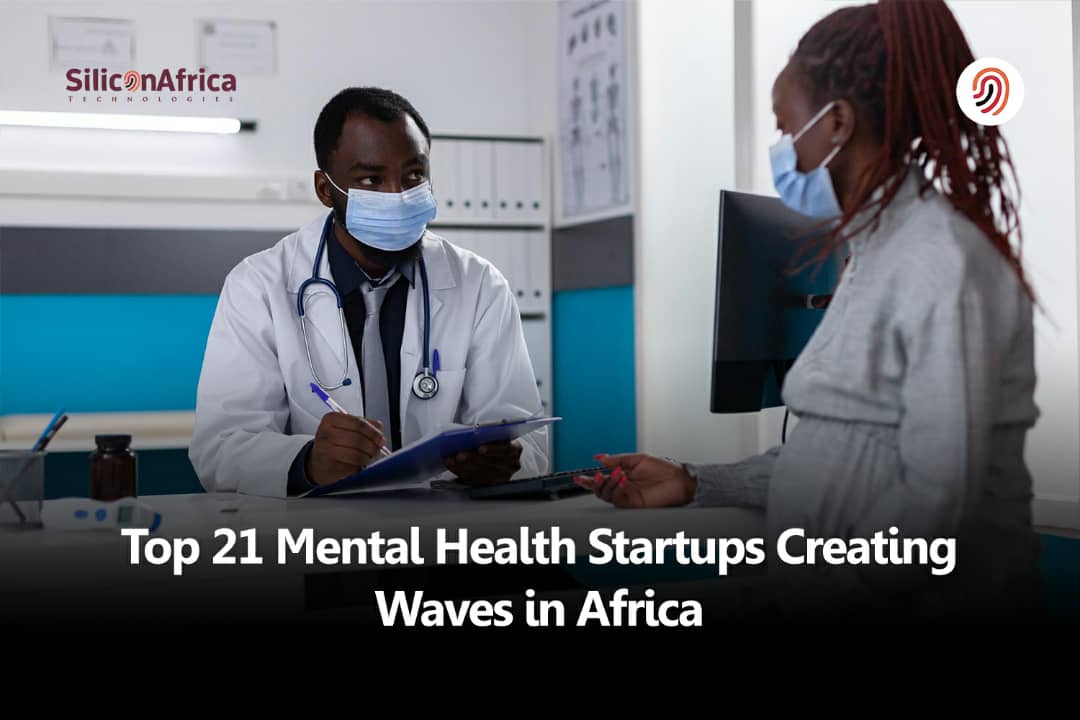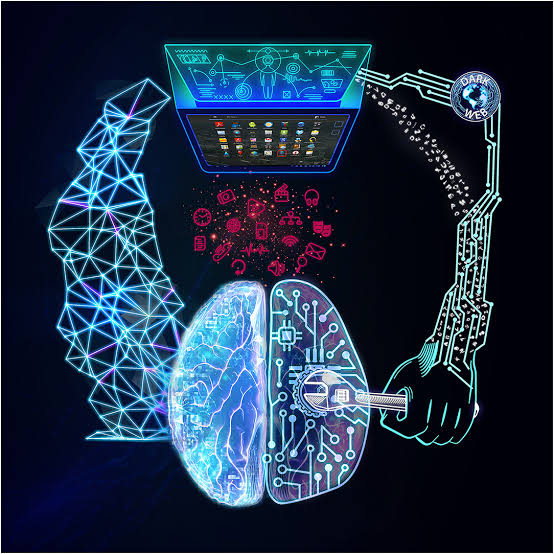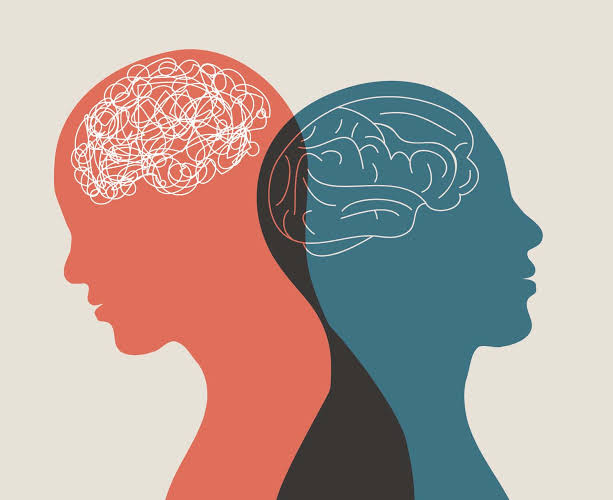Physical Address
60 Ekwema Cres, Layout 460281, Imo
Physical Address
60 Ekwema Cres, Layout 460281, Imo

Mental health startups and companies are revolutionizing the healthcare industry by harnessing the power of artificial intelligence (AI) and other emerging technologies.
These innovative companies are developing cutting-edge solutions that cater to the growing demand for mental health services, making them the go-to resource for individuals and communities seeking to enhance their mental well-being.

Artificial intelligence (AI) is revolutionizing mental health care by enhancing treatment effectiveness, providing better insights, and facilitating earlier detection of mental health issues.
Additionally, AI-driven tools are increasing accessibility and affordability while reducing the stigma associated with mental illness.
Also read: LaunchBase Introduces a New Real Estate Tech Platform in South Africa
The COVID-19 pandemic and the subsequent mental health crisis have led to a surge in mental health challenges, further exacerbated by socio-economic factors such as job loss and increased violence.
Leading mental health companies are leveraging AI and other technologies to improve access and treatment, reaching individuals who may not have access to traditional therapy or counseling.
Their innovative apps and online sessions offer convenient, anytime access, breaking down barriers and reducing stigma.
As technology advances and demand increases, we anticipate these mental health startups will grow exponentially, driving meaningful change in the industry.
Without further delay, let’s look at the top mental health startups that are taking advantage of technology to revolutionize mental healthcare in Africa and the world at large:
Minded, founded in 2018, is an online mental health service specializing in women’s care.
It offers expert treatment and medication management tailored to women’s unique experiences and aims to provide comprehensive mental health care to women at every stage of their lives.
Founded in 2019, MediMusic harnesses the benefits of music neuroscience to improve healthcare. They create musical journeys that reduce stress and anxiety and enhance the effectiveness of pain medication. MediMusic aims to leverage the power of music to boost mental health.
NUE Life Health, established in 2021, offers evidence-based mental health treatments and products, including ketamine therapy, an interactive app, and virtual aftercare programs. They aim to enhance mental wellness through innovative treatments.
Mindgram, founded in 2021, is a mental health and well-being platform offered as an employee benefit.
They help employees understand their mental health issues and connect them with top well-being experts, premium health providers, and quality self-development content.
Mindgram’s goal is to support employee mental health and well-being.
Sympatient, founded in 2017, is developing a digital anxiety clinic that offers gold-standard treatments like exposure therapy and CBT for anxiety disorders.
They aim to deliver these therapies digitally, making a meaningful difference for those suffering from anxiety in the comfort of their homes.
Kintsugi, established in 2019, is creating voice biomarker software to detect signs of depression and anxiety from short speech clips. Their goal is to scale access to mental healthcare and close gaps across risk-bearing health systems.
Founded in 2017, Boulder Care is a digital health platform that expands access to effective treatment for opioid use. They aim to advance the behavioral health industry by providing better experiences for patients and care teams.
HelloSelf, founded in 2018, is a health and wellness platform offering digital access to therapists. They work with patients to test changes and measure their impact on mental health. HelloSelf aims to improve mental health and well-being.
Little Otter, established in 2020, focuses on pediatric mental health, addressing young children’s and their families’ needs. They aim to bring expert care for children’s mental health to every home.
uMore, founded in 2020, measures features of mental well-being and provides users with recommendations.
They also enable users to share their progress with loved ones, fostering supportive communities. uMore’s goal is to improve mental well-being and community support.
Founded in 2017, Limbic develops neuroscience-based emotional intelligence tools for developers. With minimal code, developers can make their apps emotionally intelligent. Limbic aims to create more natural interactions between humans and technology.
Parallel, founded in 2021, is a tech-forward care provider for learning and thinking differences.
They celebrate learning differences as parallel ways of thinking and aim to provide students with the resources and encouragement they need to succeed.
Marigold Health, established in 2017, uses AI-augmented chat support groups to help patients with behavioral health needs.
Patients receive personalized support, and care teams see significant capacity gains. Marigold Health aims to enhance behavioral health care.
Founded in 2020, Osmind is a public benefit corporation advancing new evidence-based medicine for people with moderate to severe mental health conditions.
They aim to improve mental health care through innovative treatments.
BrainSightAI, established in 2019, offers an MRI-based SaaS platform for precise neurological and psychiatric investigations.
They help patients shorten their path to recovery and good health. BrainSightAI aims to advance brain health and neurological conditions.
Flow Lab, founded in 2018, is a training app for mental and emotional fitness. They help ambitious people achieve peak performance through a digital flow coach that uses personalization, gamification, and measurability.
Flow Lab aims to enhance mental fitness and performance.
Unobravo, established in 2019, matches individuals seeking psychological support with the best-suited therapist. They facilitate therapy via video calls and help therapists manage their practices efficiently.
Tava Health, founded in 2019 by Dallen Allred, Jason Ockey, and Spencer Gardner, is a mental health benefits provider based in Salt Lake City, Utah.
They offer technology-enabled care to improve emotional health, aiming to provide mental health benefits for every employee. Tava Health has received Series A funding.
Oliva, founded in 2020 by Sançar Sahin and Javier Suarez, is a mental healthcare solution for employee mental health needs.
Based in London, UK, Oliva offers a team of mental health professionals, personalized therapist matching, manager training, and a seamless digital experience.
They measure impact through clinical improvement rates, progress tracking, and user feedback.
BlueSkeye AI, a spin-out from the University of Nottingham, was founded in 2019 by Prof Michel Valstar and Dr. Anthony Brown.
They use machine learning to analyze facial muscle actions and link them to emotions, addressing the need for accessible mental health treatment. BlueSkeye AI is headquartered in Nottingham, England, and has received seed funding.
Spill, founded in 2017 by Calvin Benton and Gavin Dhesi, is a mental health support platform headquartered in London, England.
They provide proactive support to improve workplace well-being through a therapy app, making talking therapy available daily. Spill has received seed funding.
Also read: South Africa Might Take the EU’s New Carbon Tax to the World Trade Organization
Across the African region, more than 116 million people were estimated to be living with mental health conditions before the pandemic.
This can be partly explained by the fact that mental health conditions are often considered taboo and sometimes linked to superstitious practices such as witchcraft.

As a result, many people refuse medical treatment, viewing mental illness as a “punishment from the gods.” This belief poses one of the biggest challenges facing mental health startups in Africa.
People with mental health conditions often face discrimination and deprivation of their fundamental rights.
World Mental Health Day is an ideal opportunity for Africa CDC to raise awareness about this less-known issue and advocate for African Member States to invest more in prioritizing mental health as a serious public health condition globally.
It also acknowledges efforts to build and nurture societies that prevent mental health conditions within communities.
Sub-Saharan Africa faces a significant treatment gap in psychiatric care services, with an alarming ratio of one psychiatrist to 1.5 million people.
Most countries in the region exacerbate this issue by allocating less than 1% of their health budgets to psychiatric care, prioritizing institution-based care that often leads to gross human rights violations.
However, there is hope for change. Over the next 10 years, success will depend on how effectively psychiatrists and policymakers harness existing resources and redefine the role of the African psychiatrist in a rapidly digitizing continent.
The WPA-Lancet Psychiatry Commission on the Future of Psychiatry comprehensively analyzes these challenges and offers insights into the transformative changes psychiatry will undergo in the next decade.
Also read: Nvidia’s Value Jumps by an Amount Equal to Adobe’s Worth in Just One Day
Sub-Saharan Africa faces a significant treatment gap in psychiatric care services, with an alarming ratio of one psychiatrist to 1.5 million people.
Most countries allocate less than 1% of their health budgets to psychiatric care, prioritizing institution-based care that often results in human rights violations.
The primary challenges include the severe shortage of psychiatrists, inadequate funding for mental health services, and a focus on institution-based care that can lead to human rights abuses.
Technology can help bridge the treatment gap by providing digital mental health services, improving access to care, and enabling more efficient use of existing resources.
The WPA-Lancet Psychiatry Commission on the Future of Psychiatry is a body that provides a comprehensive analysis of the challenges facing psychiatry and offers insights into the transformative changes expected in the field over the next decade.
Improving psychiatric care will require collaborative efforts between healthcare professionals and policymakers, leveraging technology, and redefining the role of psychiatrists to address funding issues and shift away from institution-based care.
In conclusion, the path forward for psychiatric care in Sub-Saharan Africa hinges on collaborative efforts between healthcare professionals and policymakers.
By leveraging technology and redefining the psychiatrist’s role, the region can bridge the treatment gap and address the underlying issues of inadequate funding and institutional care.
Embracing these changes will improve access to mental health services and ensure the protection of human rights, fostering a healthier and more equitable future for all.